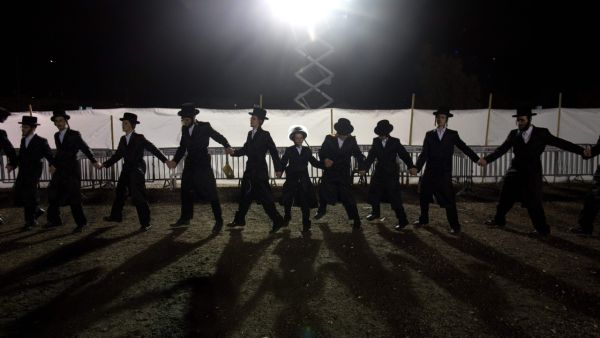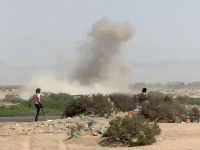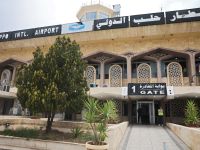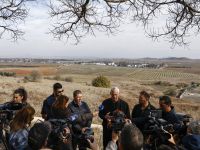The long quest to find Ashkenaz, the birthplace of Yiddish
At 1,000 years, the search for the location of Ashkenaz – thought to be the birthplace of Ashkenazic Jews and the Yiddish language – is one of the longest quests in human history. It is perhaps second only in length to the search for Noah’s Ark which began in the 3rd century AD.
The place name Ashkenaz occurs three times in the Bible, but by the Middle Ages the exact origin of Ashkenaz was forgotten. Because of the migration of the Ashkenazic Jews it later became associated with Germany. This led to all German Jews being considered “Ashkenazic”, a term which was then applied to central and eastern European Jews who follow Ashkenazic religious customs and who speak Yiddish.
Continue reading on Atlas Obscura
Yara Shahidi, the Iranian-American star of 'Black-ish,' is breaking stereoytpes on and off screen
Over the last two years, the hit ABC sitcom “Black-ish” has deftly explored issues of race, class, and gender in the United States through the eyes of an upper-middle class, African-American family. The show has received rave reviews for portraying the unique struggles of the Johnson family, offering an incisive critique of racism in modern America without being too preachy.
What few people know, however, is that the role of Zoey, the Johnson’s eldest daughter, is played by a sixteen-year-old, Iranian-American actress. Born to an Iranian father, Afshin Shahidi, and a mother of mixed African-American and Native Choctaw heritage, Keri Salter, Yara Shahidi lived in Minneapolis before moving to California at a young age.
Continue reading on Muftah
Why do Saudis divorce? Sex, cheating, and...Iran?
As divorce rates "spiral out of control" in Saudi Arabia, Twitter users have put forth their theories behind the various causes of the high number of couples splitting up.
Saudi social media users this week proposed varied reasons for the increasing number of breakups including, parental interference, sexual infidelity and even the kingdoms long-time rival Iran.
Continue reading on The New Arab







